25 Conspiracy Theories About Love That Are So Wild, They Might Be True
You ever notice how love—something supposedly so simple and natural—comes with more rules, drama, and weird coincidences than an entire Netflix docuseries.
It’s like the universe is playing a game no one explained, and we’re all just trying to guess the rules while texting someone who left us on read two hours ago. And the more you think about it, the more certain “theories” start sounding… suspiciously accurate.
From dating apps that feel rigged to the idea that we’re subconsciously picking partners who mirror our childhood issues (ugh), it makes you wonder: What if the wildest ideas about love are the ones that hit a little too close to home?
Here are 25 love-related theories that are strange, kind of hilarious, and maybe—just maybe—not as far-fetched as they sound.
1. Dating apps are designed to keep you single, not help you find love

Dating apps promise romance with a tap, but what if they’re secretly sabotaging your love life? Imagine this: every time you’re about to match with Mr. or Ms. Right, the algorithm sidetracks you with Mr. Available or Ms. Right Now. It’s like a never-ending game of ‘almost there’. The real conspiracy? These apps might be designed to keep you scrolling, not settling.
They thrive on your single status, engaging you with promises of better matches just a swipe away. So while you’re busy swiping, the app’s data mine is digging deeper into your preferences. They say it’s to improve your experience, but maybe it’s to keep you hooked on the thrill of the chase.
Ever notice the uncanny timing of notifications when you’re least expecting it? Maybe that’s the app’s way to lure you back into its endless loop. So next time you find yourself in a swipe-frenzy, pause and think: is this digital Cupid really aiming for your heart? Or is it just a love mirage on your screen?
2. Soulmates are real—but we usually meet them at the wrong time
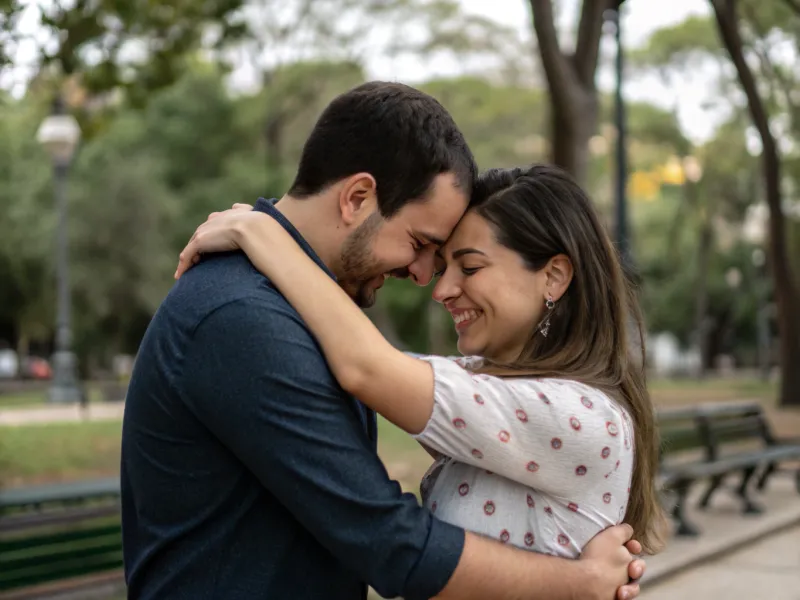
The idea of soulmates has intrigued romantics for centuries. But what if the universe is playing a cruel joke by letting you meet the right person at the wrong time? Picture this: you lock eyes with someone in a bustling café, sparks fly, but you both walk away owing to circumstances.
The conspiracy here is that life’s timing is always off. Maybe your soulmate is someone you met when you were both in different relationships, or they were the barista who made you the perfect latte but vanished before you could say hello. It’s as if the universe delights in these near-misses, creating a tapestry of ‘what could have beens’.
Perhaps the cosmic rule is that you meet your soulmate to teach you lessons, not necessarily to keep them forever. It’s a tantalizing mix of fate and frustration, leaving you wondering if love is more about timing than destiny. So the next time someone feels just right, but the moment is all wrong, maybe they are your soulmate—or at least, they could have been.
3. The “honeymoon phase” is just your brain on drugs

Remember the rush of your first love, the dizzying highs and unending excitement? It turns out, those feelings might not be pure romance—they could be your brain on love drugs. When you fall for someone, your brain releases a cocktail of chemicals that mimic the effects of narcotics.
Dopamine, oxytocin, and serotonin swirl through your system, creating that ‘honeymoon phase’ where everything your partner does is magical. It’s not unlike the high from a potent brew, fueling your heart’s dizzy dance. But beware, like all highs, this one can crash hard.
The conspiracy suggests the ‘honeymoon phase’ is your brain tricking you into bonding. Once the chemical rush fades, reality sets in, and the real work of love begins. It’s a wonder, then, if this phase exists to blind you just long enough to form a connection before the sober reality of bills and compromise sets in. So if you’ve ever felt lovesick, maybe it’s just the natural detox from your brain’s love-induced bender.
4. People always want the one who wants them the least
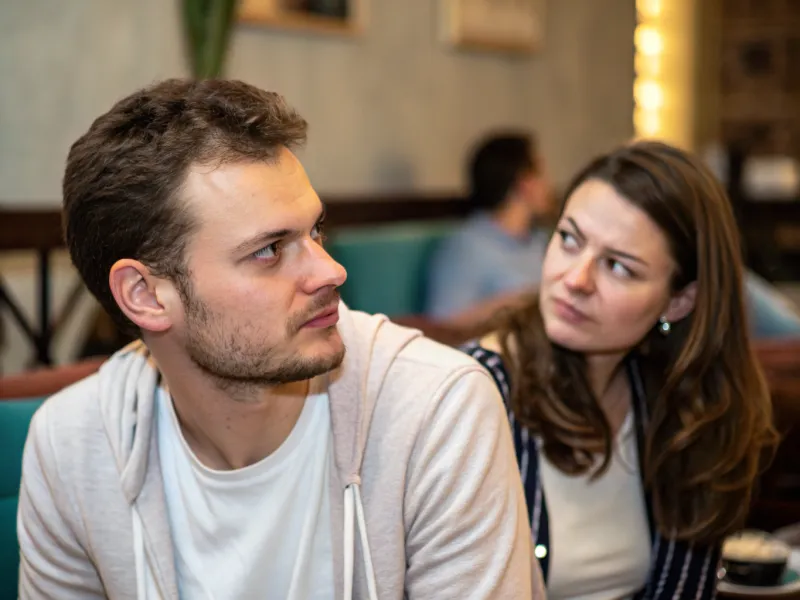
There’s a tantalizing allure to wanting what you can’t have, especially in matters of the heart. The theory goes that humans are hardwired to chase unrequited love, a dance as old as time itself. Picture the one person who seemed forever just out of reach, and the magnetic pull they had over your heart.
This isn’t just about the thrill of the chase; it’s about validation. When someone is elusive, it triggers a deep-seated need to prove your worth. It’s a love game rigged by rejection, with your self-esteem on the line. The conspiracy? Those who want us the least light up the parts of our brain associated with craving and addiction.
It seems our hearts are masochists, drawn to the drama and challenge of unattainable love. It’s a self-fulfilling prophecy where desire grows with every ignored text and turned back. Next time you find yourself yearning for the emotionally unavailable, ask yourself, is it love, or just the thrill of being denied?
5. Your childhood wounds choose who you fall for

Ever wondered why you keep falling for the same type of person? The theory suggests that your childhood experiences cast a long shadow over your romantic choices.
Your formative years set a blueprint for what feels like love, even if it’s messy or painful. Maybe you seek partners who replicate the dynamics you grew up with, in a subconscious attempt to resolve old wounds. It’s a love puzzle pieced together from echoes of your youth, crafting relationships that feel eerily familiar.
The conspiracy here is that your childhood holds the key to your heart, steering you towards partners who mirror unresolved issues. It’s a bittersweet dance of healing and hurt, drawing you to people who challenge, rather than comfort you. Next time you find yourself in a familiar romantic pattern, consider if it’s your heart or your history leading the way.
6. You fall hardest for someone who reminds you of a parent
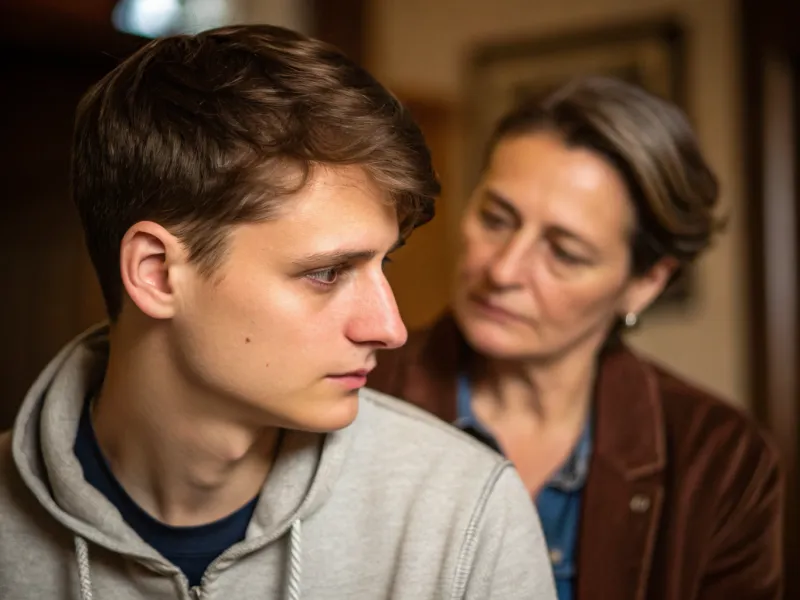
Have you ever noticed your partner bears an uncanny resemblance to one of your parents? As unnerving as it may sound, the theory suggests it’s not just coincidence; it’s a deep-rooted psychological pattern. Our parents are our first love models, setting the stage for what feels familiar and safe.
This doesn’t mean you’re literally seeking a parent clone, but rather someone who embodies traits—good or bad—that you associate with love. It’s about comfort in familiarity, even if it’s subconsciously chosen. The conspiracy here is that your heart gravitates towards the emotional blueprint set by your parents.
It’s a love loop that might explain why you keep finding yourself in the same relationship dynamics. By choosing partners reminiscent of a parent, you’re both reliving and attempting to resolve past emotional scripts. Next time you’re drawn to someone, take a moment to consider if you’re seeing them, or an echo of your childhood in them.
7. The person who “got away” was never real to begin with

Ah, the one who got away—a classic love lament. But what if they were never who you thought they were? The conspiracy suggests that this elusive person is more a figment of your imagination than a missed opportunity. It’s the allure of what could have been, shaped by nostalgia and idealization.
In reality, absence makes the heart grow fonder, creating an idealized version of someone who left or was never yours to begin with. This mythical figure absorbs all your hopes, dreams, and what-ifs, becoming more perfect with every passing year. They’re not just a lost love; they’re your heart’s mirage.
When you pine for this person, you’re not longing for them but an idealized version crafted by your own desires and regrets. It’s a love story written by memory, not reality. Next time you find yourself daydreaming about the one who got away, ask yourself: are you missing them, or an illusion you’ve crafted?
8. Romance movies ruined our expectations for real relationships

Romance movies have painted love in pastel shades of forever, but what if they’re the culprit behind our skewed relationship expectations? The conspiracy suggests Hollywood has scripted our love lives, setting us up for disappointment with its glossy portrayals of romance.
These films serve up a cocktail of grand gestures, perfect timing, and love’s triumph over adversity—all wrapped in an unrealistic package. We’re conditioned to expect endless passion, constant fireworks, and a partner who reads our minds. In reality, love is more mundane and less cinematic.
By perpetuating the myth of effortless romance, these movies may set the stage for our real-life relationship woes. When reality fails to measure up to the celluloid dream, we’re left disillusioned. Next time you find yourself yearning for a movie-moment romance, remember, real love is less about sweeping scenes and more about quiet moments of connection.
9. Marriage is a business contract with better photos
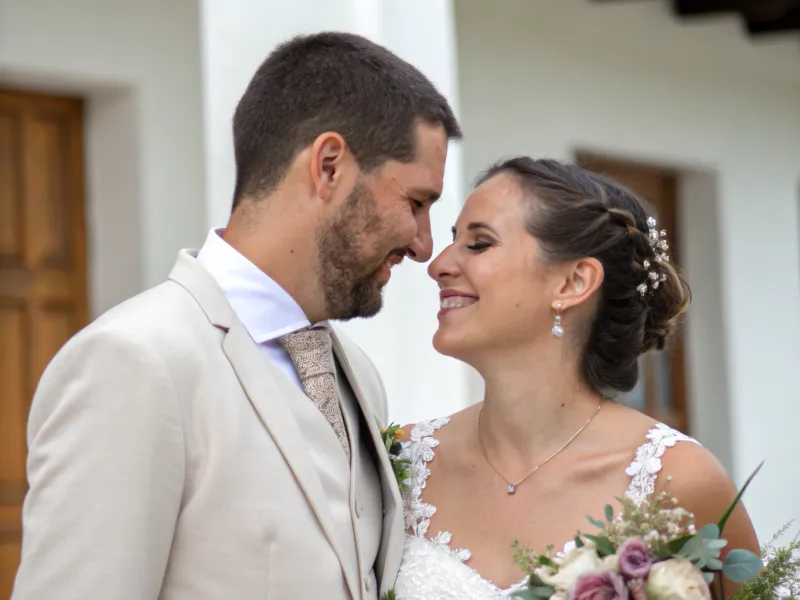
Marriage is often seen as the ultimate expression of love, but what if it’s really just a business deal wrapped in romance? The theory suggests that marriage is less about love and more about legalities, partnerships, and practicalities—all with some pretty pictures.
Once you peel back the layers of lace and vows, marriage involves a complex web of financial ties, cohabitation agreements, and legal responsibilities. It’s a partnership where love and logistics intersect, often more about combining assets than hearts.
The conspiracy hints that while love may bring you to the altar, it’s the promise of stability and societal norms that keep you there. It’s a love story with a contract and a camera, framed by traditions and expectations. Next time you hear wedding bells, consider if it’s a romantic dream or a pragmatic decision being celebrated.
10. Your partner is low-key mirroring you to gain your trust
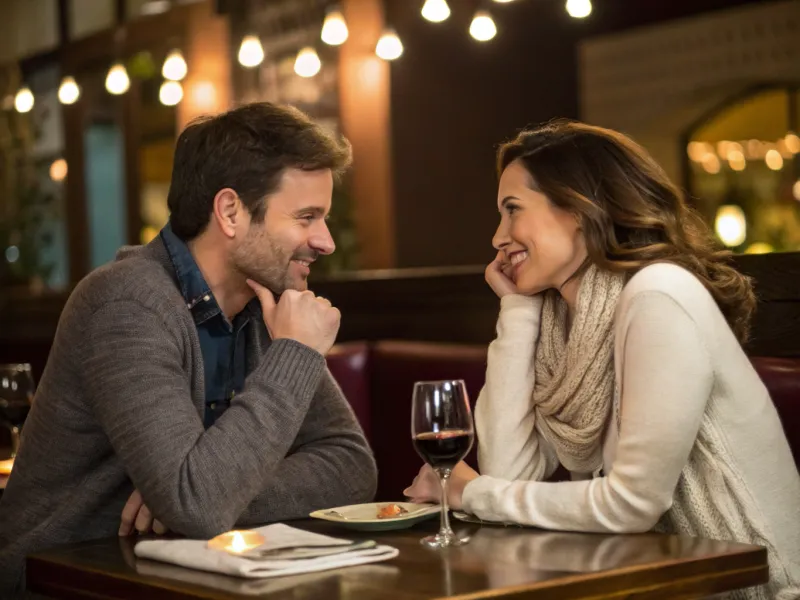
Have you ever noticed your partner picking up your habits or mannerisms? The conspiracy suggests they might be doing it on purpose, mirroring you as a tactic to build trust and rapport. It’s a psychological dance where imitation becomes a tool of connection.
When someone mirrors your actions, it creates a sense of familiarity and bonding. It’s a subconscious signal that says, ‘We’re alike.’ While often unintentional, some may use this tactic deliberately to forge a deeper connection, aligning themselves with your likes, dislikes, and even body language.
This mirroring can make us feel more understood and valued, but it also raises the question: is it genuine connection or strategic mimicry? It’s a love game where imitation isn’t just flattery—it’s a path to your heart. Next time you notice your partner echoing your phrases or gestures, consider if it’s mere coincidence or a calculated move.
11. People don’t fear love—they fear being truly seen
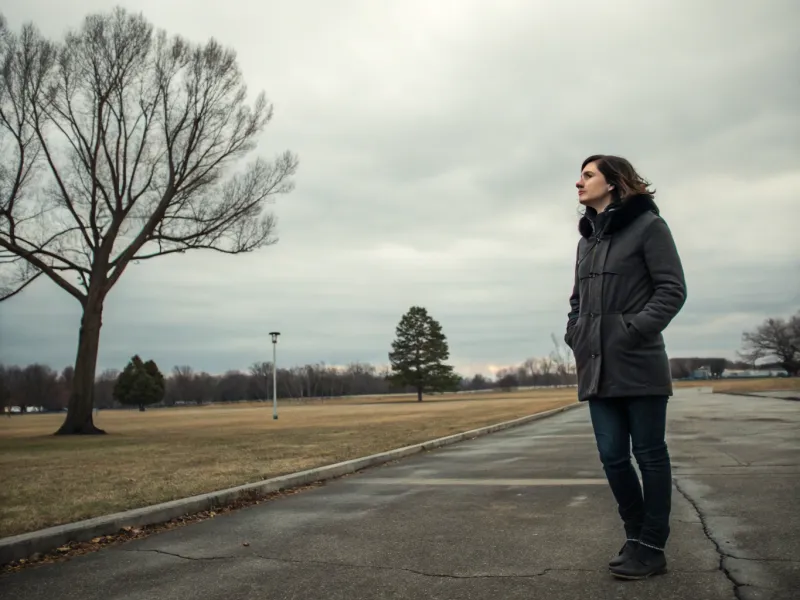
What if the fear of love is really the fear of being truly seen? The theory goes that love demands vulnerability, peeling back layers to expose your true self. It’s not love that terrifies us; it’s the rawness of being known completely.
In a world obsessed with curated images, being seen as you are is both a risk and a relief. Love strips away the facades, revealing flaws, fears, and hopes. The conspiracy suggests that our reluctance to fall in love is a defense against the exposure that comes with it.
To be loved is to be laid bare, and while the idea of such intimacy is appealing, it’s also intimidating. We fear rejection, judgment, and the possibility that our true self might not be enough. Next time you hesitate to open your heart, ask yourself, is it love you fear, or the mirror it holds up?
12. Most breakups happen because of timing, not compatibility

We often blame breakups on incompatibility, but what if timing is the true culprit? The conspiracy suggests that love’s success hinges more on timing than shared interests or chemistry. It’s a dance where clocks, not hearts, lead the way.
Imagine two people perfectly matched, but their life paths diverge due to circumstances—career moves, personal growth, or external pressures. Timing can turn kindred spirits into strangers, pulling them apart despite their compatibility. It’s a love story thwarted by the tick-tock of life’s demands.
This theory challenges the notion that love conquers all, highlighting how pivotal timing can be. It’s about meeting the right person at the wrong time, where the stars align for everything but the clock. Next time you reflect on a past relationship, consider if it was about mismatched hearts, or just mismatched hours.
13. Long-distance feels more intense because it’s mostly imagination
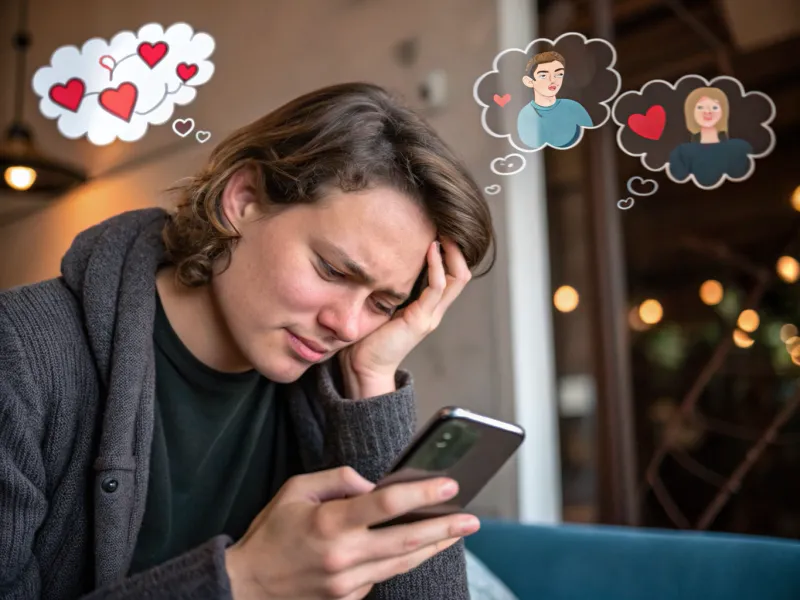
Long-distance relationships are often described as intense, but the conspiracy suggests this intensity comes from imagination more than reality. When miles separate you, your mind fills in the gaps, creating an idealized version of your partner and relationship.
Without daily interactions, your imagination embroiders the mundane with longing and fantasy. Each message or call becomes a lifeline, charged with the emotions of absence and yearning. It’s a relationship built on highlights and hopes, not the day-to-day grind.
This painting of love in bold strokes hides the nuances and imperfections a close proximity would reveal. The distance creates a canvas for idealization, where your partner becomes more a figment of imagination than flesh and blood. Next time you find yourself in a long-distance love, ponder if it’s your heart, or your imagination, in the driver’s seat.
14. The “spark” is just unresolved emotional trauma colliding

Ever felt that electric ‘spark’ with someone new? The theory suggests that this spark is less about chemistry and more about emotional trauma colliding. It’s the past rearing its head, creating fireworks that are as much about pain as they are about passion.
When you meet someone who mirrors your unresolved issues, it ignites a connection that feels intense and urgent. It’s the thrill of recognition, where familiar hurts find a new stage. This conspiracy hints that the spark isn’t just attraction—it’s your history lighting up the present.
The spark can lead to fiery romance, but also volatile dynamics, as old wounds play out in new ways. It’s a rollercoaster of emotion where the highs and lows are driven by your past. Next time you feel that spark, ask yourself if it’s true love aflame, or just old embers reigniting.
15. You attract what you haven’t healed
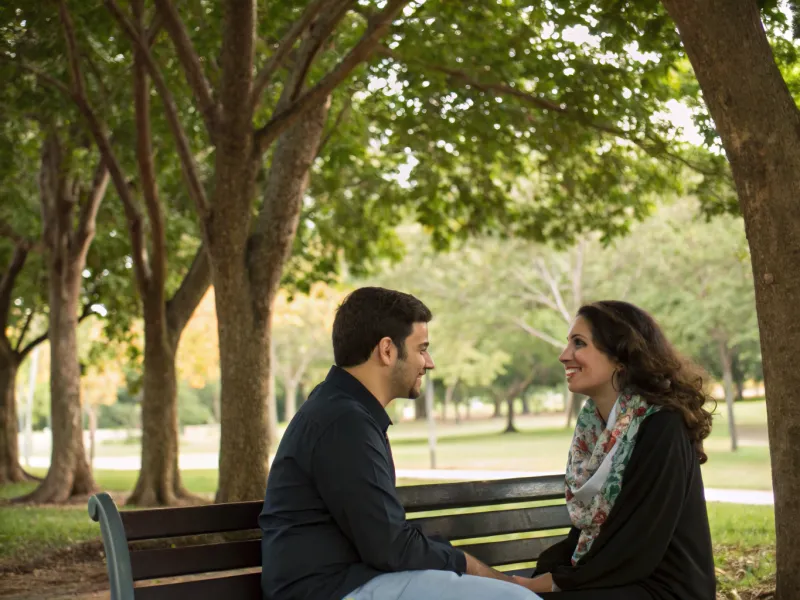
Have you ever noticed patterns in your relationships? The conspiracy suggests you attract people who reflect what you haven’t healed. It’s like your heart puts out a beacon, drawing in partners who mirror unresolved issues and unhealed wounds.
This isn’t about punishment, but about growth. Each relationship offers a mirror, highlighting areas in need of attention. You’re drawn to those who challenge you, unknowingly recreating dynamics that feel familiar yet fraught. It’s a love loop where your heart seeks resolution through repetition.
These patterns can perpetuate cycles of hurt, but they also offer opportunities for healing. By recognizing the lessons each partner brings, you can break the cycle, transforming pain into progress. Next time you find yourself in a familiar dynamic, consider if it’s a call to heal, rather than just a twist of fate.
16. People confuse stability with boredom—and sabotage it

In the quest for everlasting love, stability often gets mistaken for monotony. The conspiracy suggests that what many perceive as boredom in relationships is actually the soothing rhythm of stability. Imagine your relationship as a serene lake, calm and steady, yet some crave the chaos of crashing waves.
This confusion can lead to self-sabotage, where the comfort of routine is mistaken for stagnation. In pursuit of excitement, people may disrupt a perfectly healthy relationship, mistaking peace for dullness. It’s a love paradox where the grass is always greener if it’s more chaotic.
The trick lies in recognizing that true love isn’t always fireworks—it’s often found in quiet moments of connection and understanding. Next time you find yourself restless, ponder if it’s genuine dissatisfaction, or just a misunderstanding of love’s gentle lull.
17. “Opposites attract” is just emotional chaos in disguise
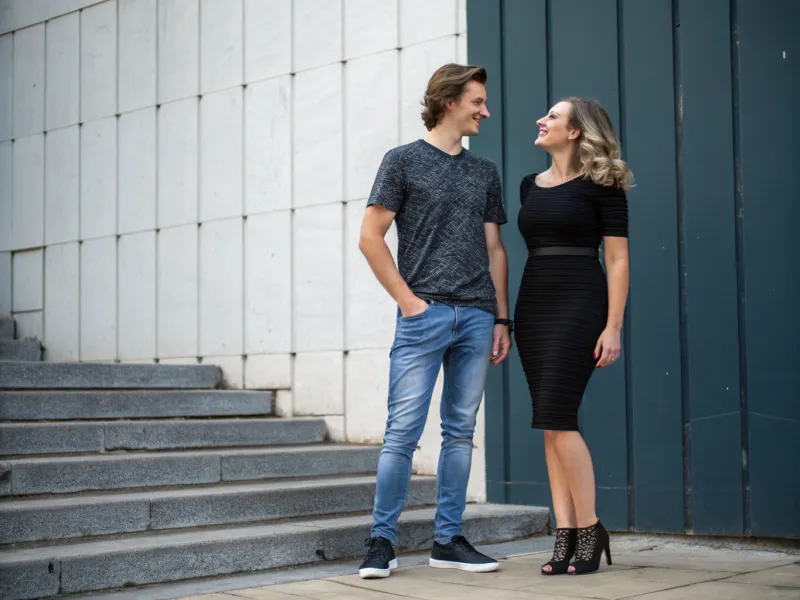
The old adage that opposites attract might seem romantic, but the conspiracy suggests it’s more about emotional chaos than harmony.
When opposites collide, it creates a dynamic charged with tension and excitement. It’s the allure of the unknown, where differences become a dance of conflict and curiosity. Yet, beneath the surface lies the chaos of clashing worlds, each partner pulling in different directions.
This mix can lead to growth and understanding, but also confusion and conflict. It’s a whirlwind romance where the intrigue of difference can overshadow the comfort of similarity. Next time you’re drawn to someone seemingly your opposite, consider if it’s love, or just the thrill of emotional chaos.
18. Some couples stay together out of shared dysfunction

You’ve seen them, the couples that fight like cats and dogs yet never part. The theory suggests that some relationships thrive on shared dysfunction, where the chaos becomes the glue that holds them together. It’s love in the trenches, where familiarity is found in friction.
This isn’t about blame; it’s about recognizing how dysfunction can masquerade as passion. In these relationships, conflict becomes a comfort zone, where the rough edges fit together in an imperfect harmony. It’s a cycle where old wounds are reopened and replayed.
For some, this dynamic is as addictive as it is destructive. It’s the comfort of chaos, where leaving might be scarier than staying. Next time you see a contentious couple, consider if their bond is built on love or the shared dance of dysfunction.
19. You’re most attracted to the person who triggers you the most
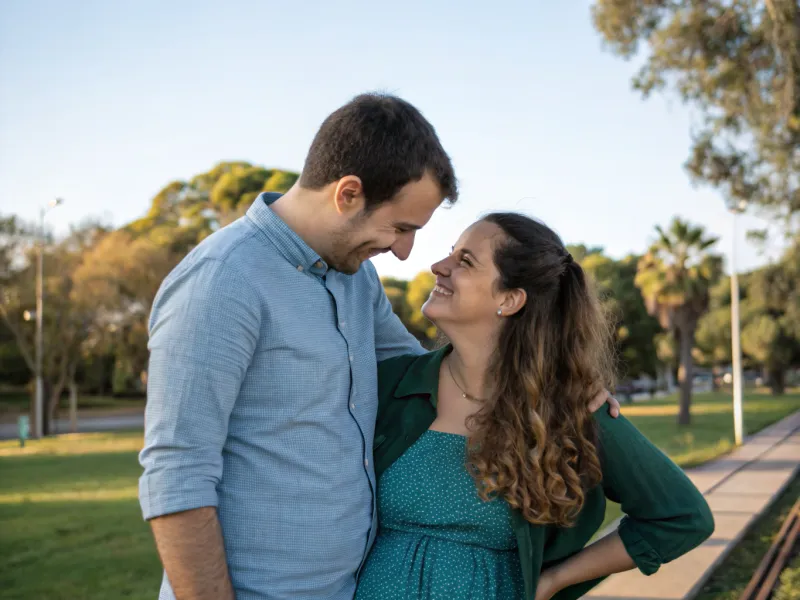
Ever find yourself inexplicably drawn to someone who pushes all your buttons? The conspiracy suggests you’re most attracted to those who trigger unresolved emotions. It’s an emotional magnetism where your past wounds find a stage to play out.
This isn’t just masochism; it’s a subconscious draw to heal through confrontation. These relationships are fraught with tension but also potential for growth. Each trigger is an opportunity to understand and overcome old patterns.
While challenging, these dynamics can be transformative, pushing you towards self-discovery and healing. Next time you’re drawn to someone who ruffles your feathers, ask yourself if it’s love, or an invitation to heal.
20. Love bombing is modern-day emotional manipulation

The term ‘love bombing’ has entered the modern lexicon as a red flag in relationships. The theory goes that this overwhelming display of affection isn’t genuine—it’s emotional manipulation. It’s a grand gesture with hidden intentions, designed to sweep you off your feet and into a web of control.
Initially, it feels like a fairy tale, with gifts, attention, and declarations of love setting your heart ablaze. But beneath the surface, this tactic is about establishing power and dependency. It’s a strategy where affection becomes a tool of manipulation rather than connection.
Once the honeymoon phase fades, the true intentions emerge, often leaving the bombed partner bewildered and trapped. It’s a love story with a twist, where the prince or princess turns out to be a puppeteer. Next time you find yourself in a whirlwind romance, consider if it’s genuine or a strategic play.
21. Ghosting is the new silent treatment

In the digital age, ghosting has become the ultimate silent treatment. The conspiracy suggests it’s more than just avoidance; it’s a modern tactic of control and disconnection. Imagine investing in a connection, only for the other person to vanish like a specter.
Ghosting leaves a void filled with questions, assuming the emotional weight of rejection without closure. It’s a power play where the ghoster exits without explanation, leaving you to fill in the blanks. This digital disappearance acts as a control mechanism, keeping the ghosted in emotional limbo.
While it may seem like an easy way out, ghosting can cause lasting emotional scars, turning a simple act of avoidance into a complex emotional fallout. Next time you consider fading away from someone, think about the echoes of silence you’re leaving behind.
22. Every situationship is just a slow-motion breakup
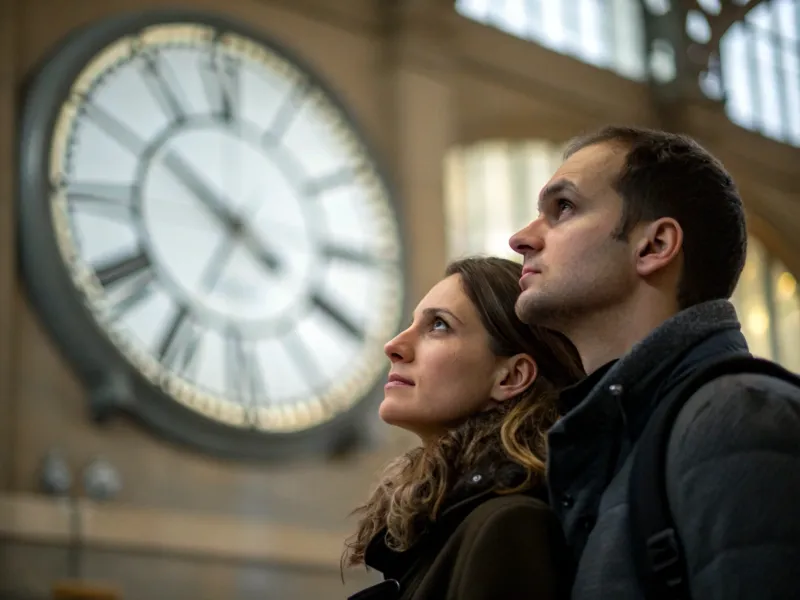
Situationships—the modern limbo of love—are often seen as casual, but the conspiracy suggests they’re just breakups in slow motion. It’s the prolonged agony of indecision, where hearts linger in ambiguity, never fully committing or detaching.
In these undefined relationships, the clock ticks towards an inevitable end. The lack of labels creates a false sense of freedom, masking the underlying uncertainty. It’s a love story caught in a loop, where progression is stunted by the fear of commitment.
While some situationships evolve, many dissolve, leaving partners to wonder what went wrong. It’s the slow fade of affection, where the absence of clarity breeds confusion and heartache. Next time you find yourself in a situationship, consider if it’s love, or just a breakup waiting to happen.
23. Most people don’t want love—they want validation

In the age of social media, love and validation have become interchangeable. The conspiracy suggests that many seek relationships not for connection, but for affirmation. It’s a love quest driven by likes, comments, and the need to be seen.
Validation becomes the currency of affection, where people measure their worth by the attention they receive. In this digital love game, partners can become props in a performance, rather than participants in a partnership. It’s a shallow dive into the depths of vanity.
This pursuit of validation can distort genuine connection, making relationships feel transactional rather than transformational. Next time you find yourself seeking love, ask if it’s about connection, or just a quest for approval.
24. Cheating is often more about ego than desire

Cheating is often blamed on desire, but the conspiracy suggests it’s more about ego. It’s the craving for affirmation, where the thrill of being wanted fuels infidelity. Imagine the rush of attention, the illicit excitement of being pursued by someone new.
For many, cheating isn’t about lacking love in their current relationship, but a need to feel irresistible. It’s an ego boost disguised as passion, where the act of cheating becomes a mirror reflecting self-worth. The thrill is in the chase, rather than the catch.
While desire plays a role, the heart of cheating often lies in self-image, seeking validation outside established bonds. Next time you hear about infidelity, consider if it’s about love, or the allure of ego’s reflection.
25. People settle more often than they admit—and call it “mature love”

In a world where ‘happily ever after’ is the ideal, many settle and label it as ‘mature love’. The conspiracy suggests the reality of love involves compromise that’s often disguised as contentment. Imagine trading passion for partnership in a bid for stability.
Settling isn’t always a negative choice; it’s often a pragmatic decision where love’s fiery start evolves into a steady flame. Yet, the narrative of romance rarely includes the quiet acceptance of ‘good enough’. It’s a love story where choosing comfort over chaos is celebrated.
This doesn’t diminish the value of settled love, but it raises questions about the narratives we accept. Next time you ponder your relationship, consider if settling is a choice of stability, or a sacrifice of desire.






